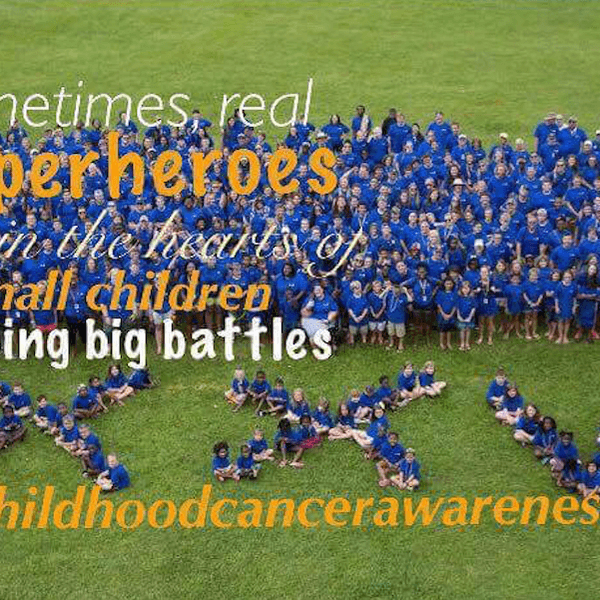As most of you know, October is Breast Cancer Awareness Month. This time every year, organizations around the world rally together to raise research funds, support, and awareness to help fight this disease that affects so many.
While wearing pink and fundraising are great ways to celebrate Breast Cancer Awareness Month, many often forget that one of the most important ways you can fight breast cancer is to learn how to detect symptoms early on. In fact, because no one knows for sure what the exact causes of breast cancer are, early detection is the most important step in increasing survival rates.
With this in mind, I have put together a list of the top five things you should know if you want to detect breast cancer early on:
1. You should be getting screened regularly.
According to the American Cancer Society, a high-quality screening mammogram and a clinical breast screening are the best options for early detection of breast cancer.
2. The amount of screening needed varies from person to person.
The American Cancer Society recommends that women get both a mammogram and a clinical breast exam every year, starting at age 40. The ACS also recommends that women start getting a clinical breast exam once every three years starting at age 20. That means that if you’re a fellow college girl, it’s time to make an appointment to get screened, if you haven’t already! For women with a higher risk, it is recommended that you get screened more frequently. For recommendations based on your level of risk, check here.
3. Doctors aren’t the only ones who can check you for breast cancer.
Checking your own breasts for irregularities is called a breast self-exam, or BSE, and The American Cancer Society recommends that women also start doing this once they reach their twenties. Again, fellow college girls: if you haven’t started this yet, now is the time! For instructions on how to conduct a BSE, check here.
4. Screenings may be more accessible than you think.
Medicare and most insurance companies will cover the cost of mammograms. For women who are in need, foundations such as Susan G. Komen Affiliates, the National Breast and Cervical Cancer Control Program, and the YWCA will work to provide them with breast cancer screenings. Some of these organizations will even assist women in receiving breast cancer education or treatment.
5. Breast cancer isn’t just for women.
Men can get breast cancer, too. According to the Susan G. Komen Foundation, about one percent of all breast cancer cases in the United States are men. While men don’t need to be routinely screened for breast cancer, screening is recommended for some men who are at a high risk. For information on which men may need screening, check here.





















